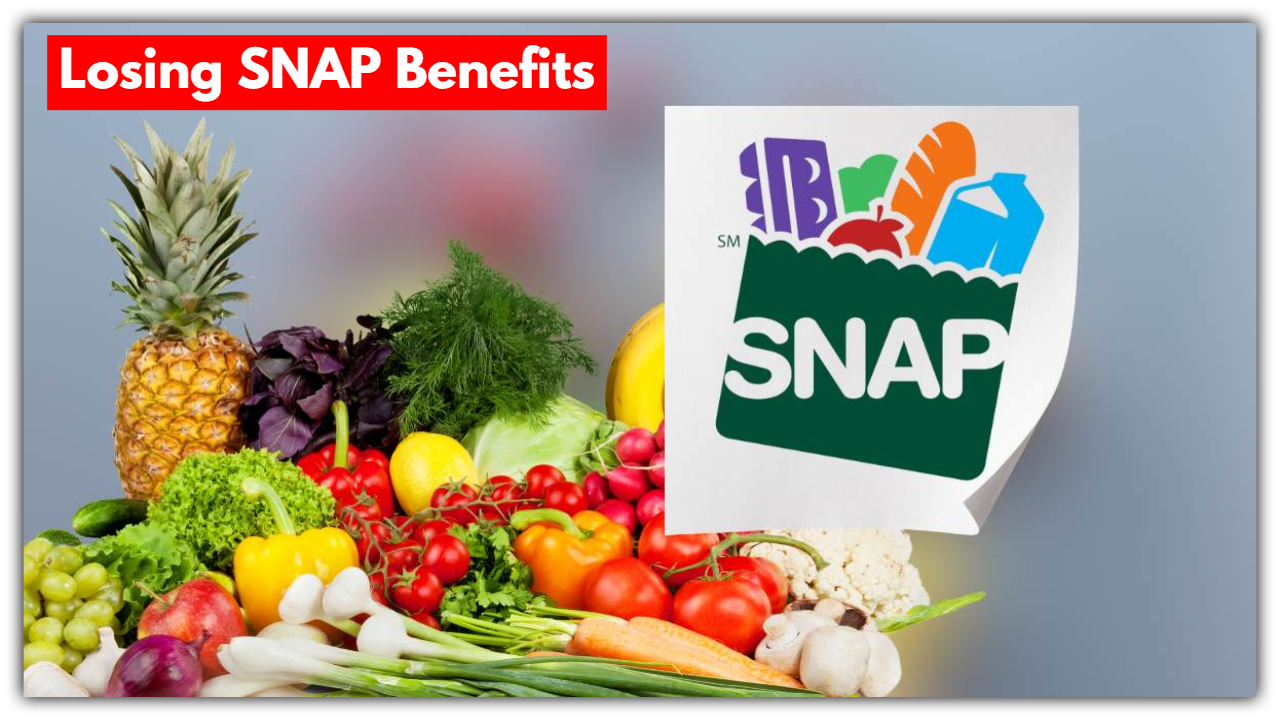Millions at Risk of Losing SNAP Benefits—Are You on the List?
If you’re relying on SNAP benefits to help cover the cost of food, you’ve probably wondered: “How long can I actually keep getting them?” It’s a fair question, especially as grocery prices keep climbing and budgets feel tighter than ever.
Let’s make sense of the rules and explain what it all means for real people in real life.
How Long Can You Get SNAP?
When you’re approved for SNAP (formerly called food stamps), you’re given something called a “certification period.” That’s basically the amount of time the government says you’re eligible before they need to check again.
Here’s what that looks like:
-
If you’re a family with kids, elderly, or disabled household members, your certification might last 6 to 12 months, sometimes up to 3 years if your situation is stable.
-
If you’re dealing with a recent job loss or unstable income, your period might be shorter—maybe 3 to 6 months.
-
Once that time runs out, you’ll need to renew your benefits by updating your info. It’s called recertification.
So no, SNAP isn’t permanent, but as long as you continue to qualify and follow the steps, you can keep getting support.
What If You’re an Adult Without Kids?
If you’re an adult between 18 and 49, don’t have children, and are physically able to work, SNAP has a stricter rule just for you. The government refers to this group as “ABAWDs”—Able-Bodied Adults Without Dependents.
Here’s the deal:
-
You can only get SNAP benefits for 3 months out of every 3 years—unless you’re working or in a job training program.
-
To keep your benefits, you need to work at least 80 hours a month, or be enrolled in a qualifying program.
That said, there are exceptions. You might be excused from these rules if you’re pregnant, homeless, a veteran, physically or mentally unfit to work, or over 50. If any of these apply, you should talk to your local SNAP office to make sure they know.

How to Keep Your SNAP Going: The Recertification Process
Before your certification period ends, your state will usually send you a letter, email, or text letting you know it’s time to renew your benefits.
What you’ll need to do:
-
Fill out a recertification form (either online or on paper).
-
Update your household information, including your income, housing costs, medical bills, and anything else that affects your eligibility.
-
Do a quick interview, usually over the phone.
It’s not a full re-application, but it’s important. If you don’t do it in time, your benefits will stop—even if you still qualify.
Do Your SNAP Benefits Expire?
Not right away. If you don’t use all your benefits in a given month, the unused amount just rolls over to the next month. That’s good news.
However, if you don’t use your EBT card at all for 9 months, your benefits could be taken away. So even if you only use a little, make sure you use the card at least once in a while to keep your account active.
Does It Vary by State?
Yes, it does. SNAP is a federal program, but each state manages it in its own way. That means your renewal dates, work rules, and even the way you apply could be different depending on where you live.
Some states may require in-person interviews. Others let you do everything online. A few states might even offer extra help for certain groups. Your best bet is to check with your local SNAP office or your state’s benefits website.
SNAP helps millions of people put food on the table every month. The key is understanding the rules—and knowing that you can keep receiving support for as long as you qualify and stay on top of the paperwork.
If your income is low, if you’re out of work, or if you’re trying to take care of your family—this program exists to support you. It’s not something to be ashamed of. It’s a tool to help you get through tough times.
If you ever have questions about recertification, work rules, or whether you still qualify, reach out to your local office. It’s better to ask than to miss out.


Comments are closed, but trackbacks and pingbacks are open.